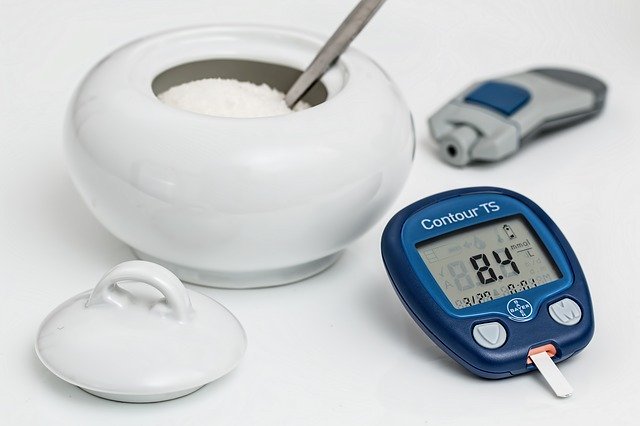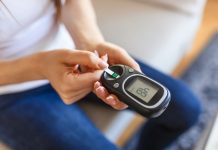
In a new study, researchers suggest that doctors need to pay particular attention to patients with endocrine disorders and diabetes in relation to COVID-19 infections.
They found that data from Wuhan province in China, where the pandemic started, has revealed that patients with diabetes were over-represented in the group of people who become severely ill and also among those who died.
The researchers are endocrinologists, who are experts in hormone-related diseases. They say medical teams need to be extra vigilant when they are dealing with this patient group.
The research was conducted by a team at the University of Leeds and elsewhere.
According to Diabetes UK, 4.7 million people in the UK have diabetes mellitus.
The team says there is early evidence from China that those patients who have endocrinological disorders face additional risks from COVID-19.
The scientific picture indicates that these people need to self-isolate, to try and reduce the chance of infection in the same way as the background population.
There are endocrinological disorders that affect the body’s ability to make steroid hormones – or glucocorticoids – to help overcome infection.
This might make some patients more vulnerable to the effects of the COVID-19 illness.
The team says patients with known problems of the adrenal gland are treated with replacement glucocorticoid on a daily basis – such patients who begin to develop symptoms of COVID-19 should double their dose of medication immediately: they should follow their “sick day rules”, the protocol they have agreed with their doctor to follow when they feel unwell, until any fever subsides.
However, there are many other patients who take glucocorticoids because of inflammatory diseases.
Some of these patients take large doses and that may suppress their immune systems and importantly prevent the body’s ability to respond to COVID-19.
Whilst glucocorticoid treatment has no role to play in the treatment of COVID-19 per se, intravenous stress doses should be considered by doctors in any patient previously treated with glucocorticoids who is deteriorating with COVID-19.
These recommendations apply to specific patient groups. People should not change their medication regime without first talking to their doctor.
One author of the study is Paul Stewart, editor in chief of the journal and Professor of Medicine.
The study is published in the Journal of Clinical Endocrinology & Metabolism.
Copyright © 2020 Knowridge Science Report. All rights reserved.



